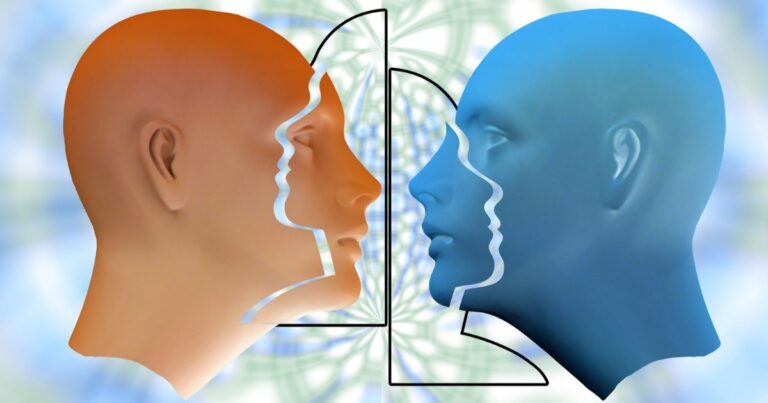/
Branches of psychology: what are they and their applications?

The branches of psychology are the different areas or fields of study of psychology. As a science, psychology deals with the study of behavior in its different facets. In fact, in any activity or human group, psychologists play a relevant…
Causes and consequences of migration

The causes and consequences of migration are political, social, economic or cultural situations that drive people to leave their place of origin or arrive at their destination. Generally, these are factors that detract from the quality of life and that…
Difference between race and ethnicity

The term race refers to the division of living beings according to a series of physical attributes and biological attributes. In the case of the human raceis a social construct in which human populations are divided under the assumption that…
Prejudices and stereotypes: what they are, differences, types and examples

Prejudices and stereotypes are generally negative ideas held about a group of people. The difference between prejudices and stereotypes is that prejudices are beliefs we have about a person based solely on the fact that he or she belongs to…
Types of violence and their characteristics (with examples)

Violence are all behaviors and situations that threaten the physical, psychological or moral integrity of people. Behaviors associated with the use of violence can originate by learning, imitation or deliberately, and can be committed against an individual or group of…
Difference between human rights and individual guarantees

Human rights are those that comprise the rights and obligations that all people have, without any type of racial, gender, nationality, age or other distinction. Individual guarantees are mechanisms for the protection of the rights of individuals, established in the…
